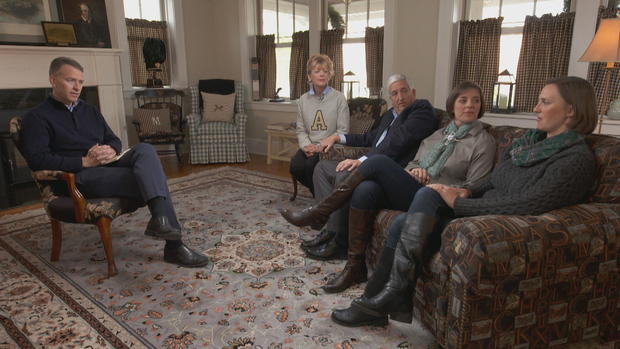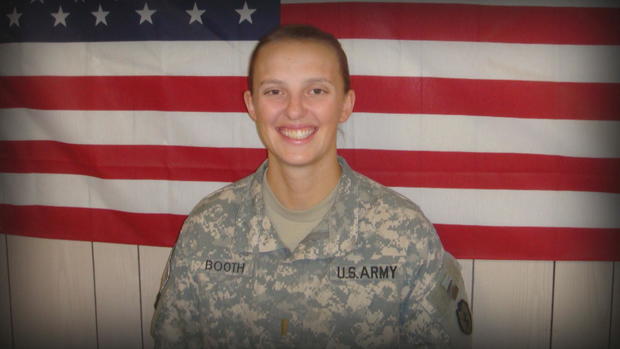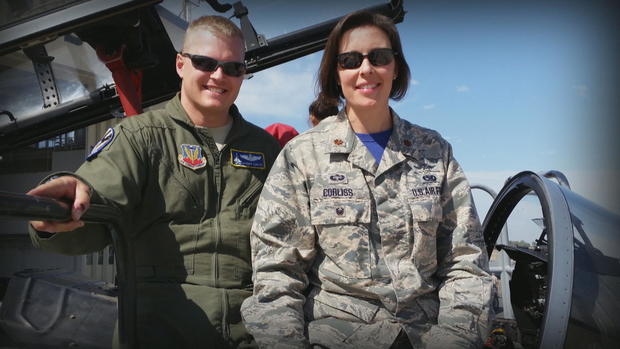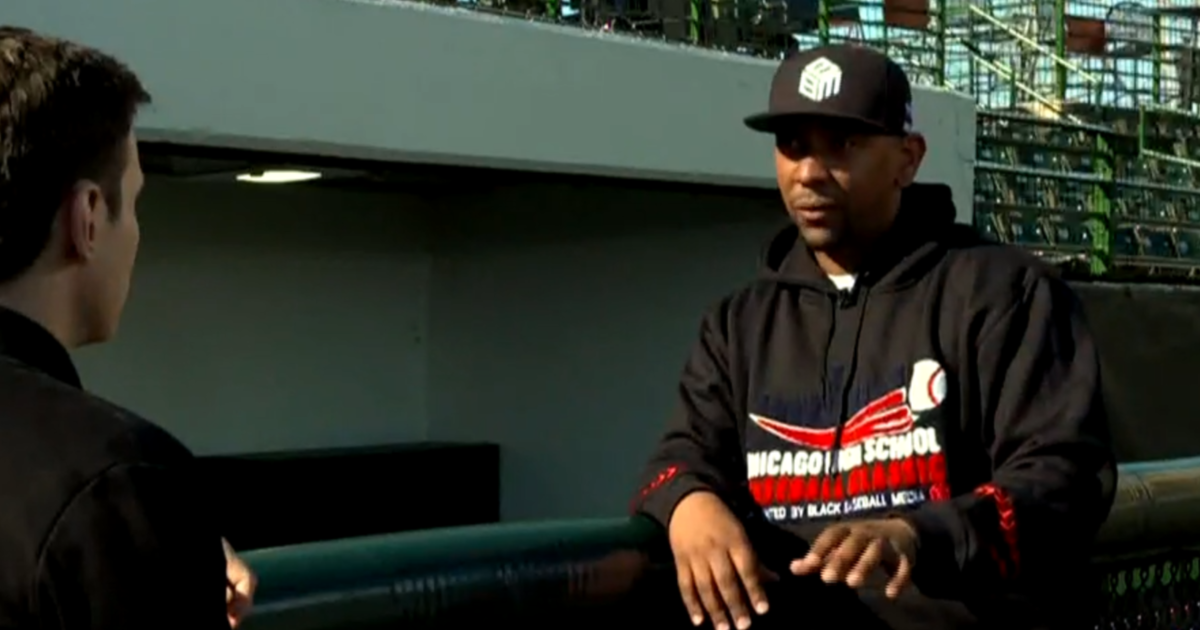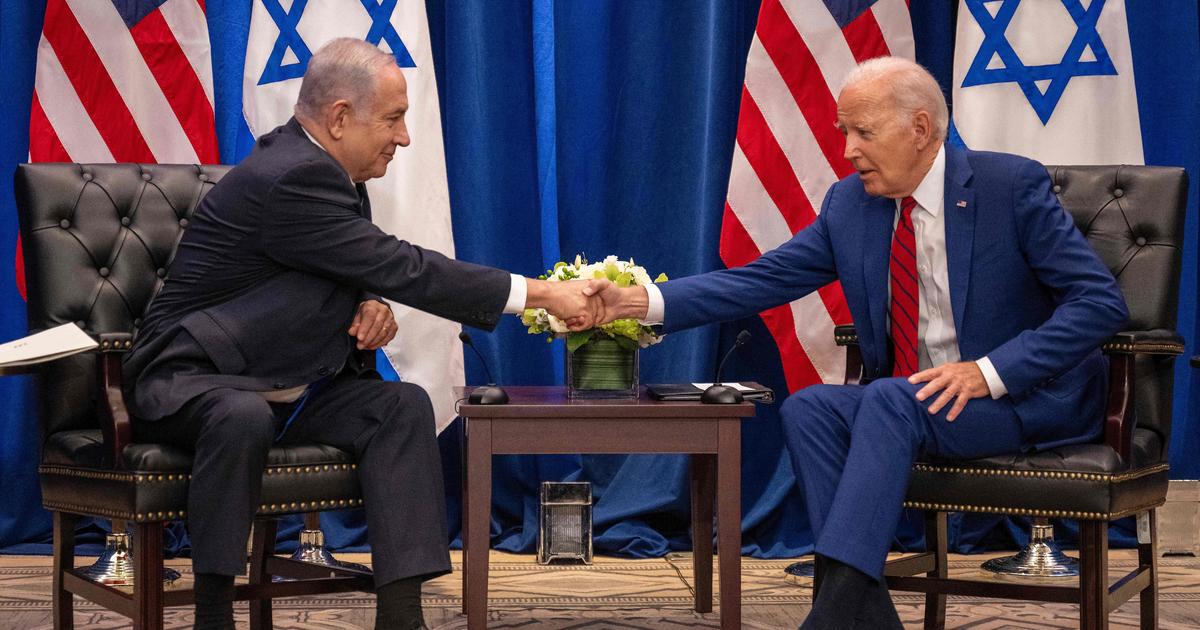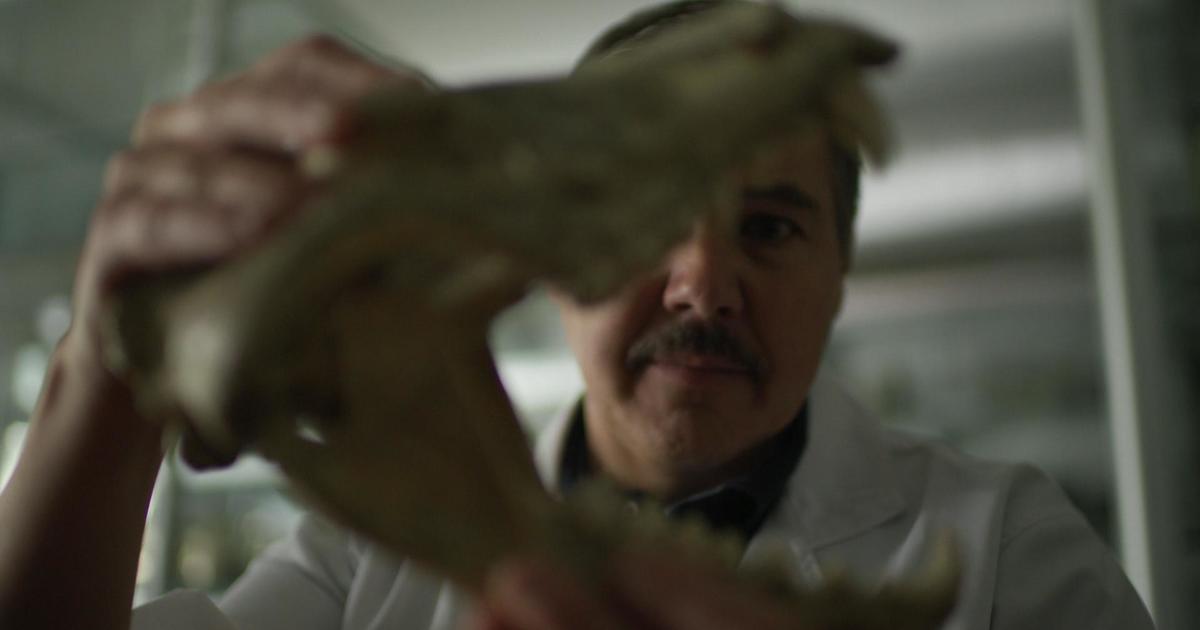Seven generations of service: Understanding the life of a military family
More than 1.3 million active duty service members are working right now to keep America safe. According to a new CBS News poll, more than 90 percent of Americans have a favorable view of the military but just 55 percent have a close friend or relative serving. Steve Inskeep, co-host of NPR's Morning Edition and Up First, met a family with a tradition of service stretching back to the Revolutionary War.
While most people don't serve in uniform, for some, it runs in the family. There's a term, "military brat," which people often call themselves when they grew up in military families. Many live apart from the rest of us, often enduring experiences like that of the Miller family.
"We had three children serving in very dangerous positions simultaneously. One in Afghanistan, two in Iraq. That was the hardest season of being soldiers' mom," Clare Miller said.
"I'm thinking about what must've gone through your mind any time the phone rang or the doorbell rang," Inskeep said.
"The phone….You do dread the calls that might be ugly," she said.
The phone rang at Clare and Jerry Miller's house in 2011. Their daughter Caroline – Lieutenant Caroline Booth – was commanding a supply convoy in Iraq.
"My second to last mission out there, we actually – one of my gun trucks got hit with an IED," Caroline said.
A roadside bomb destroyed the truck in front of hers.
"That was probably the worst, one of the worst moments of my life was just watching that explosion…. It was a few seconds before we could run up there and see, thank—thank the Lord everybody was OK," Booth recalled.
"How much of this did you tell your mom when you had a chance to call home?" Inskeep asked.
Clare replied, "She told me enough to know that—she said, 'Mom, I thought I might've lost my guys. It was the worst day of my life.'"
Caroline's sister Kate also served. As did their husbands, their brothers-in-law, their father Jerry, both grandfathers, and ancestors long before them.
Seven generations of an unbroken commitment forged at the U.S. Military Academy at West Point in New York.
"I think some people are willing to step up to that challenge and that call, and others are not," Caroline said.
At West Point, sisters Caroline and Kate learned a craft that outsiders don't always understand.
"The first question that I dread getting is 'Have you killed anyone? Or have you shot anyone?' It's just the wrong question to ask," Caroline said. "'Cause they don't know what else to ask, you know?"
Last October, White House Chief of Staff John Kelly called out the public's isolation from the troops. General Kelly's son was killed in Afghanistan in 2010.
"They are the very best this country produces, and they volunteer to protect our country when there's nothing in our country anymore that seems to suggest that selfless service to the nation is not only appropriate but required," Kelly said.
Jerry Miller says Kelly's remarks are necessary.
"You can't make people understand what you do," he said. "You can only hope that they will become, you know, maybe more aware. I get a lot of people who come up to me in Veterans Day and say, you know, 'thank you for serving,' and so on and so forth. I get others that don't even know that it's Veterans Day."
It's hard to be aware, because civilians may never meet a military family. They move from base to base, as Clare did growing up.
"When Jerry and I got married, that was my 53rd address. We had lived in hotel rooms…. We lived in a water tower at one time," Clare said.
She passed on the lifestyle to her daughter Kate, who has moved 17 times in 18 years.
"I have spent every day of my adult life serving the military either as a spouse or as a military officer, and many days both," Kate said.
"Why is it important that people should understand the service of those who go into the military?" Inskeep asked.
"Our top leaders of our nation are civilians," Kate said. "Our civilian populace needs to understand how our military serves, who those folks are, what they're willing to sacrifice, because ultimately, we will fall in line and follow our civilian leadership."
We, the people, send them. They face the risks.
"What were the things that you did to manage that anxiety?"
"You turn to your faith," Jerry said. "You turn to it when they're off doing things that you wouldn't wish upon them, but you know they signed up for the duty and they agree."
"And the gym," Clare added. "Bless the gym. Between prayer and the gym, you can get through anything."
